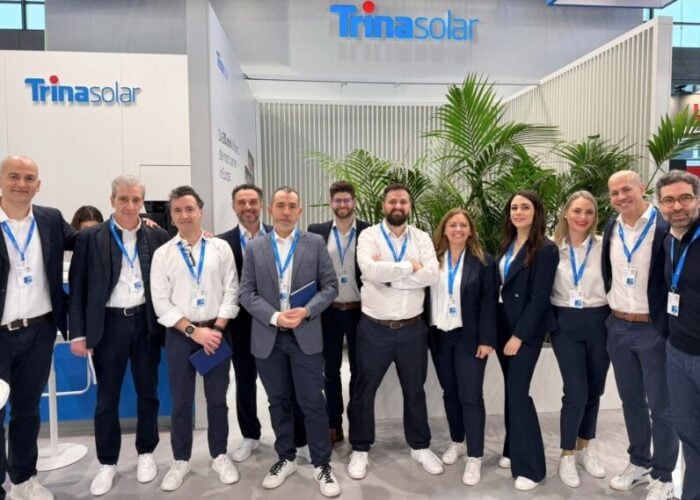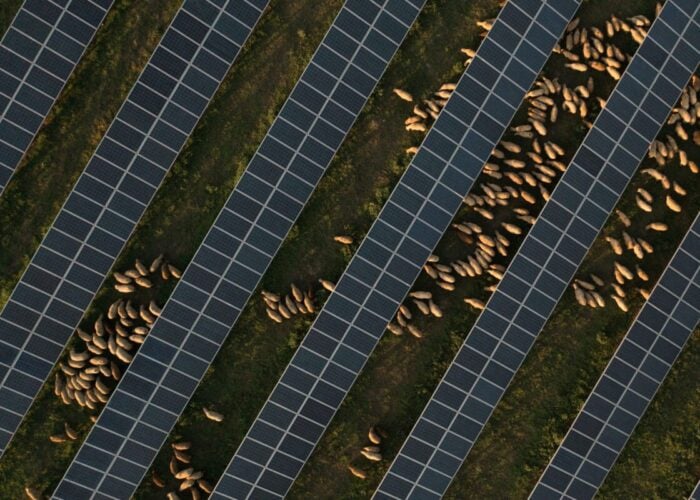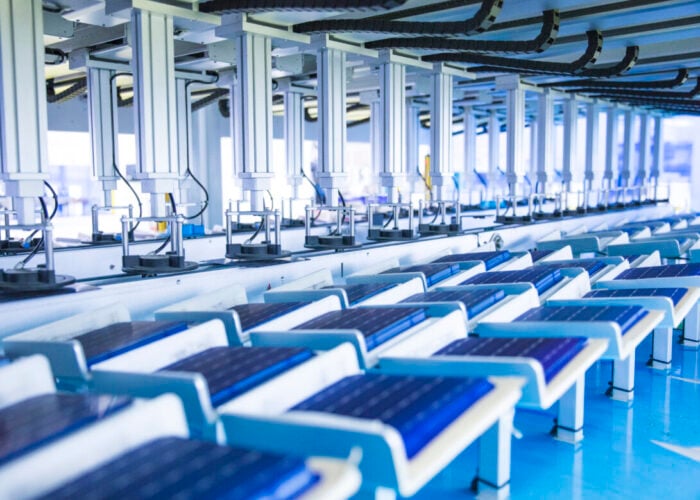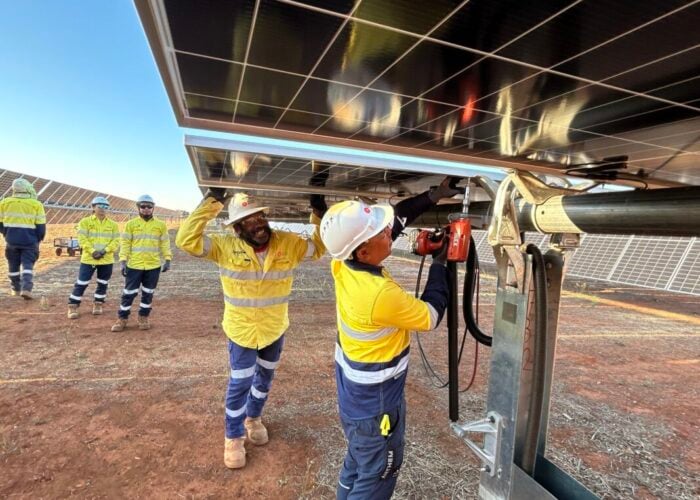Pioneering solar-powered aircraft Solar Impulse will have to stay in Hawaii until April 2016 after sustaining irreversible damage to its batteries from overheating.
Earlier this month it was reported that the aircraft would be grounded until early August after a five-day and five-night flight from Nagoya, Japan, to Hawaii. However, repairs on the batteries, which overheated on the first ascent of the flight to Hawaii, will take several months, delaying the next flight to the US West Coast until spring 2016.
Try Premium for just $1
- Full premium access for the first month at only $1
- Converts to an annual rate after 30 days unless cancelled
- Cancel anytime during the trial period
Premium Benefits
- Expert industry analysis and interviews
- Digital access to PV Tech Power journal
- Exclusive event discounts
Or get the full Premium subscription right away
Or continue reading this article for free
In the meantime, the Solar Impulse team will also investigate better cooling and heating processes for very long flights.
A Solar Impulse statement said: “Overall the airplane performed very well during the flight. The damage to the batteries is not a technical failure or a weakness in the technology but rather an evaluation error in terms of the profile of the mission and the cooling design specifications of the batteries. The temperature of the batteries in a quick ascent / descent in tropical climates was not properly anticipated.”
The University of Hawaii with the support of the Department of Transportation will host the airplane in its hangar at Kalaeloa airport. Post maintenance check flights will start in 2016 to test the new battery heating and cooling systems.
After reaching the US, Solar Impulse is scheduled to cross the USA to JFK in New York before making the Atlantic crossing to Europe and then returning to its original point of departure in Abu Dhabi.
Reports had emerged earlier this month questioning whether the plane would be able to complete its journey in 2015 due to changing meteorological conditions.






